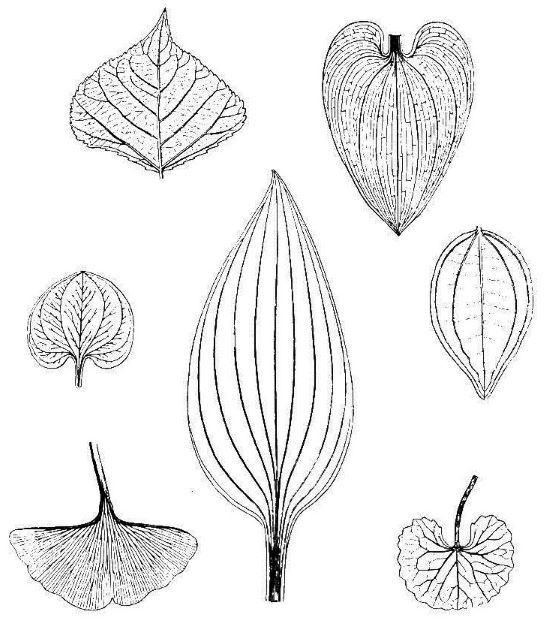author: Kevin Curran PhD
date: 10/15/2020
How do we decide which medicine to use?
From my experience, most people that use a plant supplement are not concerned with the presence or absence of scientific evidence linking the plant with a health benefit. I have always found this to be fascinating.
I rarely speak with people that can point to a published human study that demonstrates the effectiveness of a plant or mushroom they place in their body. I could say the same thing about people who take FDA approved drugs, but there’s a key difference. Before a drug is FDA approved, a panel of medical experts will scrutinize a decade’s worth of safety and efficacy data before granting approval. None of this professional vetting occurs with supplements.

My background is partly in ethnobotany, so I understand that when people use medicinal plants, more is involved than just published scientific literature. People use plants based on cultural tradition and also based on the way they observe their own body respond to a plant.
If we only look at our own body’s response to a supplement, then this information is considered anecdotal evidence. It may be more relevant to an individual’s decision process, but it is also highly subjective.
In contrast, scientific evidence involves the methodical capture of a large body of information. Statistics are used to determine significance, variables are controlled, placebo groups are employed to eliminate the placebo effect. Academic human studies may test 15-50 people for an effect. Sponsored clinical trials may test 50-1000 people for an effect. A larger study size should eliminate the noise and distill the signal. Is the plant safe? Does it do anything beneficial in the human body. If so, at what dose?
For legal and financial reasons, we often find that quality human studies are non-existent for medicinal plants. Then what? Do people wait for the studies and data to manifest? From my experience, the answer is NO. People plow forward with anecdotal evidence. I often do the same thing in my own life.
I find this all incredibly illustrative. Human decisions are often based on subtle, cryptic and subconscious influences. Decisions are often influenced by information that is different than the information we tell ourselves our decisions are based on. I know this is true with the decisions I make in my life. I don’t think there is anything wrong with decisions based on anecdotal information. But I do think it’s important to know the difference between anecdotal and scientific information.
